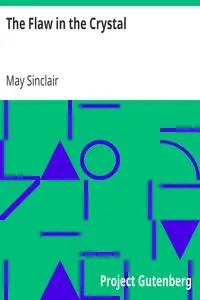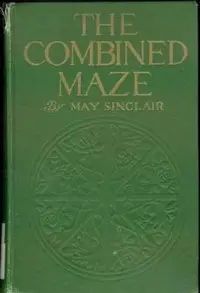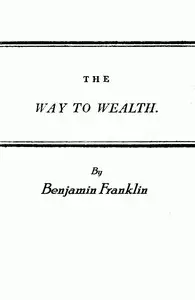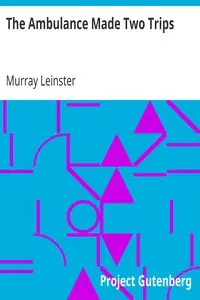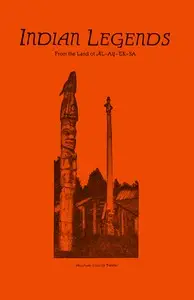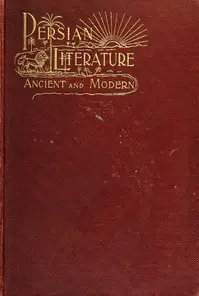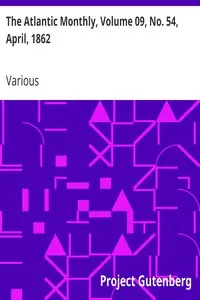"The Creators: A Comedy" by May Sinclair is a novel written in the early 20th century. It explores the intricate relationships and emotional turmoils of its characters, particularly focusing on the lives of creative individuals navigating the complexities of love, ambition, and societal expectations. The narrative reveals a connection between two key characters, George Tanqueray and Jane Holland, who grapple with their burgeoning celebrity and personal identities amidst their desires and the pressures surrounding them. The opening of the novel sets the stage at a dinner where George Tanqueray reflects on his relationship with Jane Holland, a woman on the cusp of fame. As the evening unfolds, their dynamic becomes apparent: Jane, now a celebrated figure, struggles with her sense of self and the impact of her newfound status, while George is torn between admiration and a desire to distance himself from the swirling complexities of celebrity culture. Their conversation hints at deeper emotional struggles, particularly George's discomfort with Jane's celebrity and his own feelings of inadequacy, culminating in a mutual recognition of the tensions that exist between their hopes, fears, and the expectations of the world around them. (This is an automatically generated summary.)
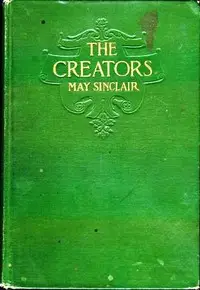
The Creators: A Comedy
By May Sinclair
"The Creators: A Comedy" by May Sinclair is a novel written in the early 20th century. It explores the intricate relationships and emotional turmoils ...
May Sinclair was the pseudonym of Mary Amelia St. Clair, a popular British writer who wrote about two dozen novels, short stories and poetry. She was an active suffragist, and member of the Woman Writers' Suffrage League. She once dressed up as a demure, rebel Jane Austen for a suffrage fundraising event. Sinclair was also a significant critic in the area of modernist poetry and prose, and she is attributed with first using the term 'stream of consciousness' in a literary context, when reviewing the first volumes of Dorothy Richardson's novel sequence Pilgrimage (1915–1967), in The Egoist, April 1918.

